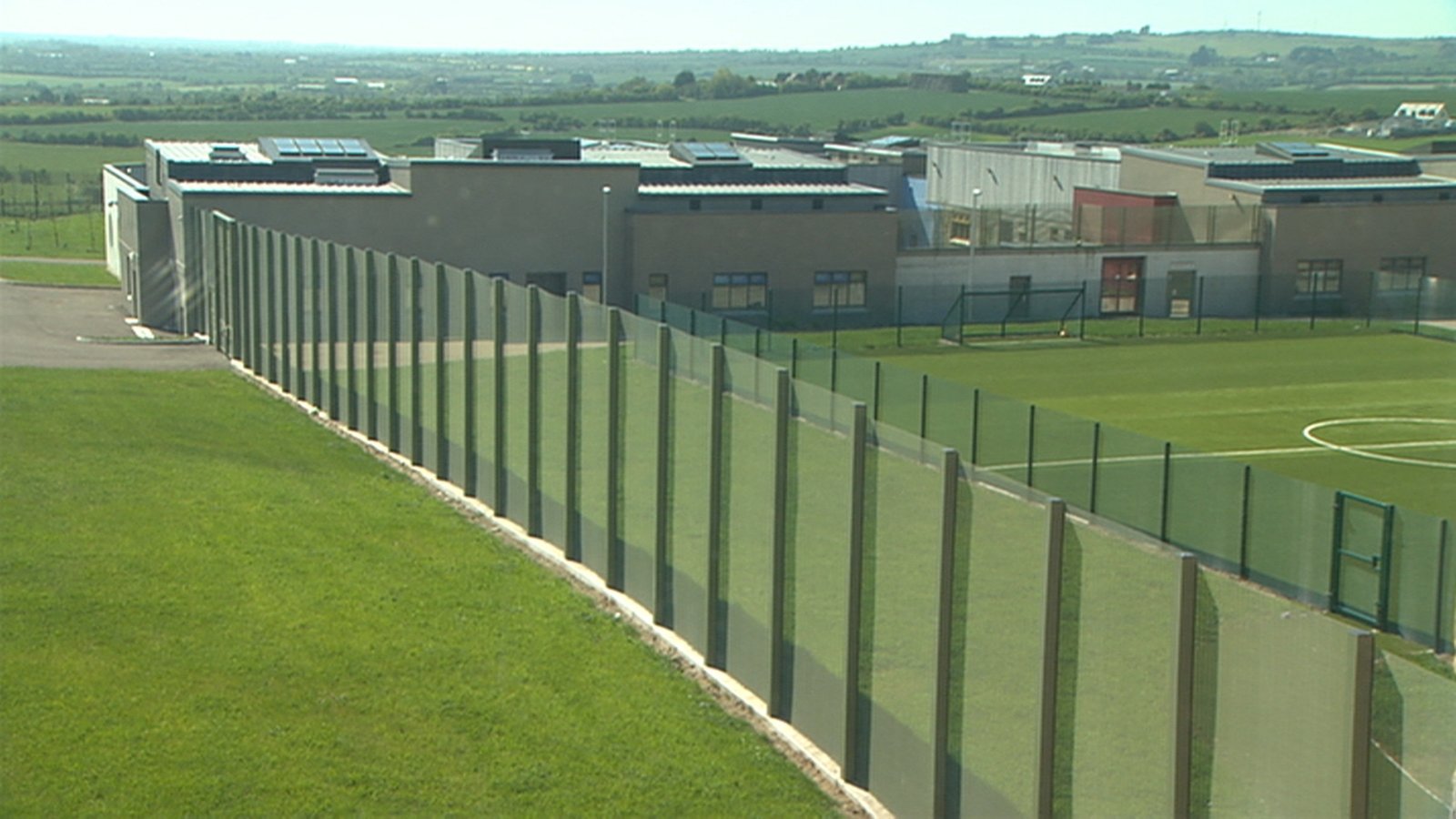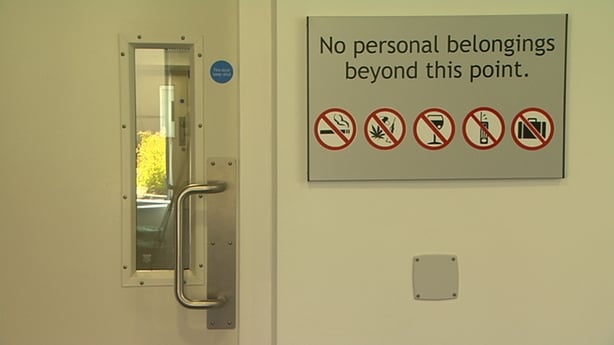Oberstown staff shortage impacted children’s care

Staff vacancies have adversely impacted the care of children detained at the Oberstown Children Detention Campus according to the Health Information and Quality Authority (HIQA).
A HIQA inspection found that staff shortages in July last year resulted in young people being restricted to their bedrooms to allow for staff breaks.
HIQA inspectors also reviewed an incident where a period of single separation could not be ended due to staff shortages.
Single separation is when a young person is separated from their peers to a room for a period of time.
It is used as a last resort to ensure the young person does not cause significant harm to themselves or others; or where they are likely to cause damage to property that would compromise the safety of others.
Authorisations for single separation were not always “within the procedure time frames or recorded”, and young people’s right to access fresh air was not always upheld according to the HIQA report.
It said staff shortages had a significant impact on the safe operation of the service in general.
At the time of the inspection last September, there were 38 young people placed in Oberstown Children Detention Campus where five of the six residential units were in operation.
The sixth unit, reserved for the use of females, was not in operation at the time.
Each unit had a staff allocation of 15 residential social care workers and four night supervising officers and 15 vacancies for residential social care workers across the campus.
The director and senior management team had been advocating for changes to pay and make the service an attractive place to work at the time of the inspection.

Worryingly, not all staff had completed the mandatory Children First training as required. It had been cancelled on two occasions over the summer months, due to staff shortages.
A review of rosters and corresponding clock cards for residential social care staff and found that there were periods when staff numbers “fell well below the requirement” as identified by the service management team.
Unit managers told inspectors that working on the roster to fill vacant shifts took a significant amount of their time and overtime was offered to cover the shortfall in staffing.
They said they felt exhausted, that there was lot of overtime and that it was difficult to take breaks.
They also pointed out that the staff shortages impacted on young people’s daily programme as their plans had to change as a result.
HIQA Inspectors met with young people, two of whom said low staffing levels had impacted their care.
They said they had missed activities because there was not enough staff and asked the Inspectors to “get us more staff, it is not nice when we are being asked to go to our room because there is not enough staff”.
Governance and oversight of child protection concerns required improvement according to HIQA.
There were 58 child protection and welfare concerns or allegations made by young people in the previous 12 months.
Of these, 22 were assessed as meeting the threshold to be reported to Tusla, six referrals had been closed and the remaining 16 referrals’ status was unknown.
Twenty-nine 29 of the 58 concerns or allegations related to professionals not working within the service, and of these 15 had not been reported to Tusla.
“The decision-making rationale for reporting concerns was not recorded and it was unclear why some concerns met the threshold to report to Tusla, while similar incidents did not require a referral”, according to HIQA.
Significant delays in the reporting of some child protection and welfare concerns to Tusla were identified.
Inspectors found delays ranging from 27 days to ten months.
Additionally, they found three incidents where social workers had requested a mandated report to be made to Tusla, but these reports were not completed at the time of the inspection.
Data provided by the service showed that while only 72% of staff had up-to-date refresher training in child protection, inspectors found that staff understood their duty of care to young people, and had received training on child protection and safeguarding.
The facility was found to be non-compliant in three out of 12 areas which were Staffing, Management and Governance; Safeguarding and Restrictive Practice.





